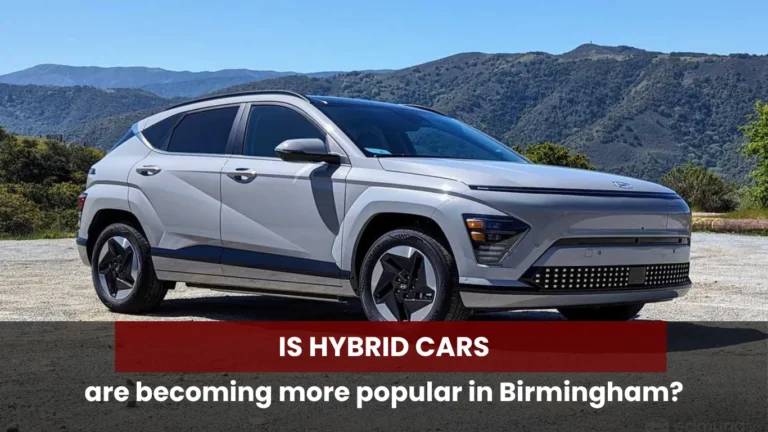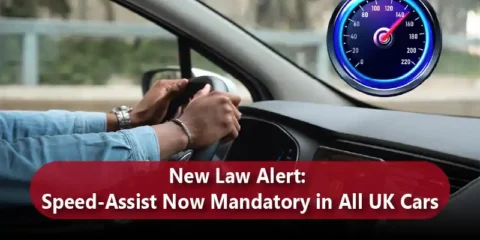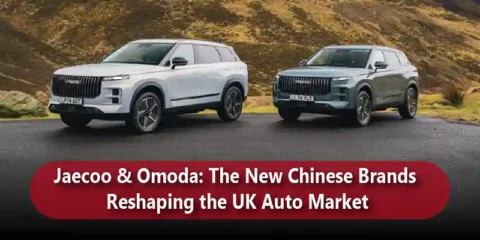Birmingham, the dynamic heart of the West Midlands region, is undergoing a significant transformation in its transport landscape. As environmental concerns rise and the city’s Clean Air Zone (CAZ) encourages cleaner transport, a clear hybrid cars Birmingham trend is emerging. But is this a passing phase, or are hybrids cementing their place on the city’s roads? The answer, supported by the latest registration data and local sentiment, is a resounding yes: hybrid cars are increasingly popular, offering a crucial bridge for Brummie drivers transitioning to a lower-emission future.
The Rise of Hybrid Vehicle Uptake in the City
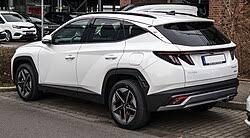
The adoption of low-emission vehicles across the UK is accelerating, and Birmingham is a key player in this movement. While fully electric vehicles often steal the headlines, hybrid cars, including both Plug-in Hybrid Electric Vehicles and Hybrid Electric Vehicles, also known as ‘self-charging’ hybrids, are seeing a massive surge in local popularity.
Statistics paint a clear picture of this transition. While precise, city-specific data for hybrid car registrations Birmingham 2025 is continually evolving, national and regional figures offer a strong indication of the local trajectory. Plug-in hybrid vehicles have seen robust growth in the UK market, often rising faster than their fully electric counterparts in terms of percentage growth. For many drivers in the West Midlands region, the hybrid model represents the perfect blend of electric-assisted urban efficiency and the peace of mind of a conventional petrol engine for longer journeys.
Birmingham’s own data on Ultra-Low Emission Vehicles shows significant movement, with thousands of these cleaner vehicles now registered in the city. Within this Birmingham low low-emission vehicle growth hybrid models form a substantial and essential part, highlighting their role in cleaning up the city’s air quality.
Why More People in Birmingham Choosing Hybrid Cars
The reasons behind the surging popularity are multifaceted and directly tied to the unique challenges and characteristics of driving in and around the UK’s second-largest city.
Navigating the Clean Air Zone (CAZ)
Birmingham’s Clean Air Zone, active in the city centre, has been a major catalyst. While hybrid cars may not always be entirely exempt depending on their Euro emission standard and the specific regulations, many newer hybrid models meet the required standards. For Brummie commuters and taxi drivers, a hybrid offers significantly reduced emissions compared to older petrol or diesel vehicles, often allowing them to drive through the CAZ without incurring the daily charge—a significant financial incentive. This is arguably the most powerful factor driving the Birmingham hybrid vehicle uptake.
Eliminating Range and Charging Anxiety
For many drivers, the jump from a petrol car to a full battery-electric vehicle is still daunting, largely due to concerns over range and charging infrastructure. This is where the hybrid car benefits Birmingham drivers most significantly.
- No Range Anxiety: A hybrid car eliminates the fear of running out of charge mid-journey, as the petrol engine acts as a reliable backup, ensuring you can complete a trip between Birmingham and, say, Manchester without meticulous charge-point planning.
- Charging Flexibility: While BEVs rely heavily on accessible public charging points (which are improving but still concentrated), most self-charging hybrids require no external charging at all, and plug-in hybrid market Birmingham city options can be charged at home or opportunistically. This flexibility is a key differentiator in the hybrid vs electric car popularity Birmingham debate.
Ideal for Mixed Driving Conditions
Birmingham drivers typically navigate a mix of heavy city-centre traffic and longer motorway stretches on the M6 or M42.
- City Efficiency: In the stop-start traffic typical of areas like the Aston Expressway or Spaghetti Junction, the electric motor in a hybrid excels. It allows for electric-only driving at low speeds, significantly improving fuel economy and reducing local air pollution.
- Motorway Performance: For longer hauls, the petrol engine kicks in, providing the necessary power without sacrificing efficiency. This dual nature makes hybrids perfectly suited for the regional travel needs of hybrid car ownership West Midlands region.
Hybrid vs Electric Car Popularity in Birmingham: A Crucial Distinction
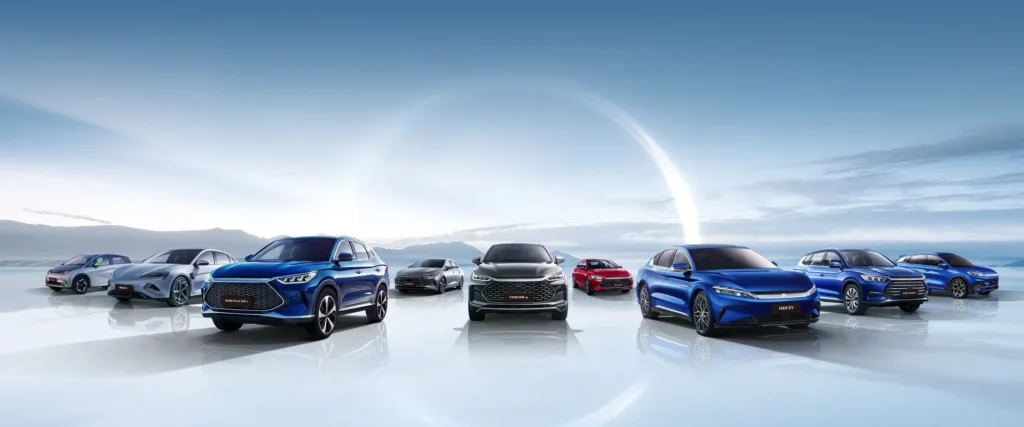
While the ultimate goal of the UK government is the total switch to zero-emission vehicles, the current market reveals that hybrids are serving a critical interim role. When comparing hybrid vs electric car popularity Birmingham, hybrids appeal to a broader segment of the driving public who seek:
- Familiarity: Hybrids drive almost identically to conventional cars, easing the transition for drivers reluctant to adapt to a purely electric powertrain.
- Lower Upfront Cost: Although generally more expensive than a non-hybrid equivalent, the initial purchase price of a hybrid car is often more accessible than an equivalent full BEV, making them a financially smarter choice for many Brummies.
- Ease of Maintenance: While having more components than a BEV, hybrids often boast lower maintenance costs than traditional cars due to their regenerative braking systems, which significantly reduce wear on brake pads and discs.
The data suggests that for the immediate future, the plug-in hybrid market Birmingham city is thriving, particularly among those who have off-street parking for charging, and HEVs are popular for those without, making them a very strong component of the overall Birmingham low-emission vehicle growth hybrid segment.
A Look Ahead: Hybrid Car Registrations Birmingham 2025
The future of the hybrid in Birmingham is complex but fundamentally positive, even with the looming UK ban on new petrol and diesel cars from 2035.
By focusing on the present and near future, hybrid car registrations Birmingham 2025 are expected to remain robust. Hybrids offer a practical, immediate solution to emissions reduction. They are the ideal vehicle for city dwellers and regional commuters who are financially cautious or still hesitant about the practicalities of full EV ownership.
The growing hybrid car ownership West Midlands region demonstrates a regional appetite for cleaner cars that still offer the convenience of a long range. As the city continues to push for environmental improvements, the hybrid cars Birmingham trend will remain strong, driven by the compelling hybrid car benefits Birmingham drivers experience daily—namely, cost savings, CAZ compliance, and zero range anxiety.
Key FAQs for the Birmingham Driver
No, not all of them. The CAZ charge applies to older vehicles that do not meet the minimum emission standards: Euro 4 for petrol and Euro 6 for diesel. Most modern hybrids, whether self-charging (HEV) or plug-in (PHEV), typically meet these standards and are therefore not charged. Always check your specific vehicle’s Euro standard.
The popularity spans both. The plug-in hybrid market Birmingham city appeals to drivers with home charging access who can maximise electric-only miles for their commute. Self-charging HEVs are popular with drivers who don’t have off-street parking, as they still offer excellent city fuel economy without ever needing to plug in.
While Birmingham hybrid vehicle uptake is strong, BEVs are also growing rapidly. The debate of hybrid vs electric car popularity Birmingham often comes down to driver lifestyle. Hybrids appeal to those needing long range or who are new to electric-assisted driving, while BEVs are preferred by those with reliable home or workplace charging who want the lowest running costs.
A major factor is the need for a versatile vehicle. Drivers in the wider West Midlands region often need cars capable of both efficient city driving and reliable, long-distance motorway travel. The hybrid provides this flexibility perfectly.
Yes, under current government plans, the sale of new hybrid cars will be banned from 2035, aligning with the ban on new petrol and diesel cars. This is later than the initial target for some vehicles, but confirms that only zero-emission vehicles will be sold new after that date.
Absolutely. The electric motor significantly boosts fuel economy, especially in stop-start traffic, leading to lower fuel costs, a primary hybrid car benefit Birmingham drivers often cite. Furthermore, reduced wear on mechanical parts like brakes can lead to lower maintenance bills.
For more hybrid car benefits Birmingham drivers can leverage, hacks, and tips, you know where to go: Find us on Ask About Cars.


